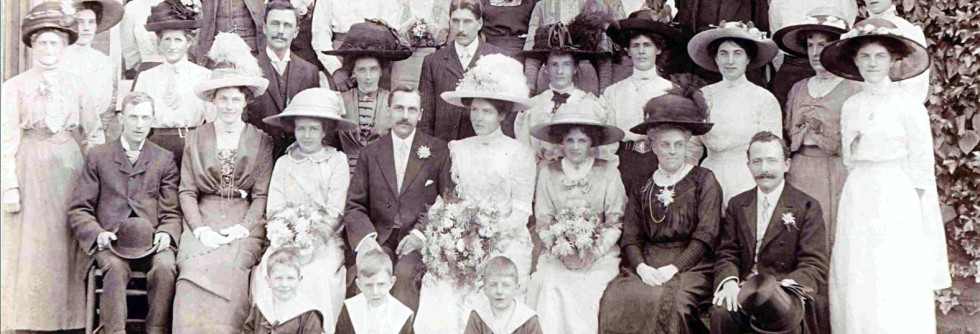
Impressed Sailors: What were they? by Ellen Maki, Ph.D.
Do you have a British ancestor who suddenly seems to have vanished? If he worked on the seas, or perhaps even if he did not, he may have been pressed into service by the Royal Navy. In the 17th and 18th centuries, the Royal Navy used press gangs, as they were commonly known, to forcibly seize sailors, both from other vessels while at sea, and from docks, pubs, and homes while ashore.
Why did the navy’s impress service employ such tactics? During times of war, there was a need for greater recruitment for the navy. Legislation allowed for both voluntary enlistment and forcible service.… Continue reading


